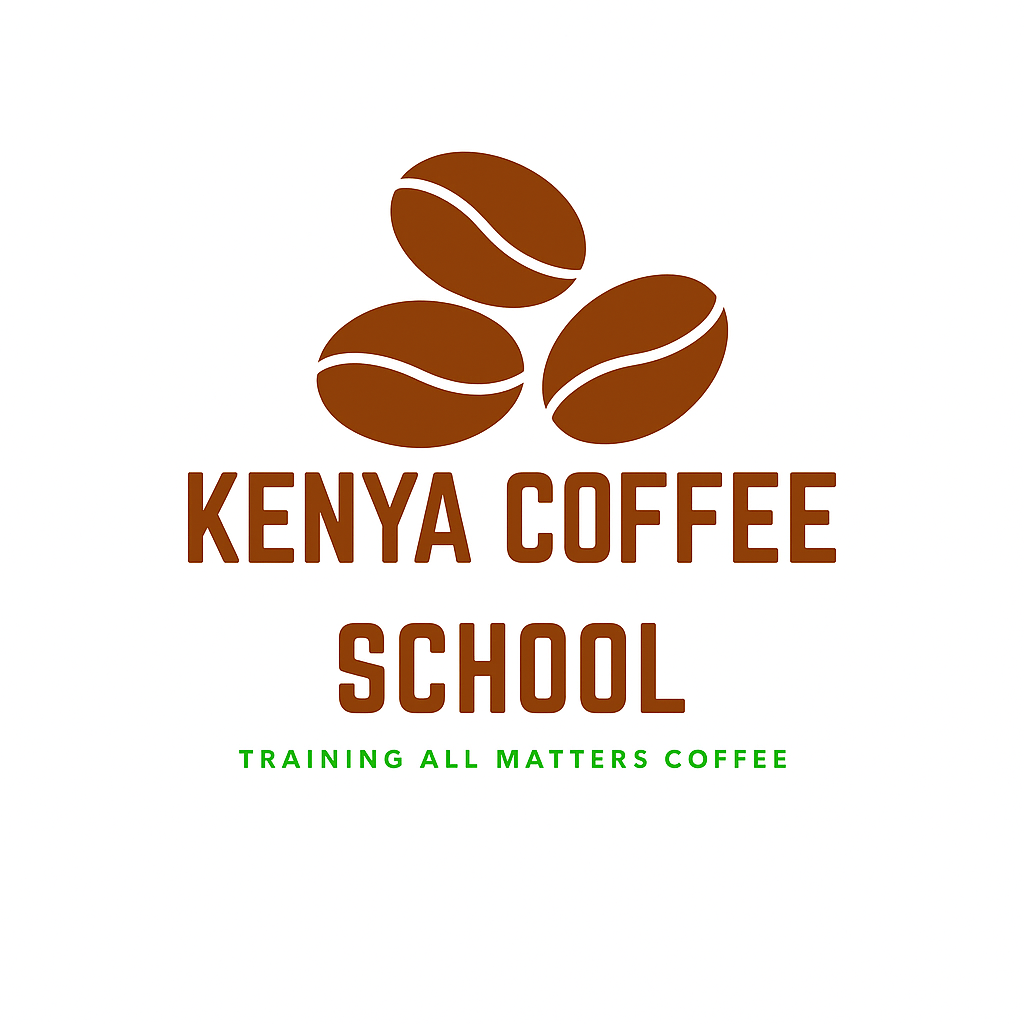Brewing Knowledge: How Storytelling Transforms Education at Barista Mtaani and Kenya Coffee School
In the world of education and training, we often search for the most effective methods to impart knowledge. At Barista Mtaani and the Kenya Coffee School, we’ve rediscovered one of humanity’s oldest and most powerful tools: storytelling. More than just a way to pass the time, storytelling is a dynamic form of education that enhances memory, forges emotional connections, and brings complex subjects to life.
Why Stories Stick: The Power of Narrative Learning
Storytelling serves as a powerful and engaging form of training because it structures lessons as narratives. This approach captures attention, sparks curiosity, and helps learners relate to abstract concepts through relatable experiences, making learning more meaningful and memorable.
The benefits are profound and wide-ranging:
- Boosts Memory and Comprehension: Stories provide context and meaning, transforming dry facts into memorable journeys. This makes complex ideas, like the chemical process of roasting or the intricacies of coffee extraction, easier to understand and retain.
- Enhances Engagement and Motivation: A well-told story is inherently captivating. By weaving lessons into narratives, we make learning entertaining, which increases a student’s intrinsic motivation to learn.
- Fosters Emotional and Cognitive Development: When a trainee hears a story about a farmer tending to coffee cherries on the slopes of Mount Kenya, their brain doesn’t just process words—it lights up as if they were experiencing it themselves. This emotional and cognitive engagement deepens the learning impact.
- Develops Critical Thinking: Stories allow learners to analyze situations, think about consequences, and explore solutions in a safe, hypothetical way. For instance, a story about a barista handling a difficult customer promotes problem-solving skills more effectively than a simple list of rules.
- Promotes Creativity and Imagination: Narratives encourage learners to use their imagination, think creatively, and build connections to their own experiences, fostering innovation in their craft.
- Bridges Cultural Gaps: Coffee is a global language with rich cultural traditions. Stories provide a shared experience, bridging gaps between producers, roasters, and baristas to foster a richer, more inclusive community.
The Perfect Blend: Applying Storytelling Across Subjects
At the Kenya Coffee School, we apply storytelling across the entire coffee curriculum:
- History & Origin: We don’t just list dates; we tell the epic tale of Kaldi the goat herder, the legendary discovery of coffee, and the vibrant history of coffee trade. This brings historical events and figures to life.
- Science of Coffee: Complex scientific concepts like Maillard reaction during roasting or the principles of solubility are explained through relatable narratives that connect the subject matter to a barista’s daily routine.
- Language & Communication: Stories are a natural fit for language learning, improving a barista’s ability to describe flavors, connect with customers, and share the passion behind every cup.
Brewing Your Own Stories: How to Implement Storytelling Effectively
Integrating storytelling into training doesn’t require a grand stage. Here are some key strategies we use:
- Structure is Key: Use the traditional narrative arc—introduction (set the scene), middle (present a challenge or journey), and end (resolve with a key lesson). This organizes educational content logically.
- Contextualize Concepts: Connect abstract ideas to tangible examples. Instead of just explaining “acidity,” tell a story about the sun-drenched soil of a specific region that gives the bean its bright, crisp character.
- Encourage Participation: The most powerful stories are often the ones our students tell. We create opportunities for trainees to share their own experiences, relating the lessons directly to their personal lives and previous encounters with coffee.
- Use Visuals and Props: Incorporate realia—like a handful of green coffee beans, a roasted sample, or different brewing tools—to make stories more engaging and sensory for all learners.
- Adapt and Modify: Adjust the language and content to suit your audience. We provide support through gestures, repetition, and translation when necessary, ensuring every learner can connect with the story.
At Barista Mtaani and the Kenya Coffee School, we believe that every coffee bean has a story to tell, and every lesson is an opportunity to share one. By harnessing the timeless power of storytelling, we are not just training baristas; we are cultivating storytellers, innovators, and custodians of coffee culture, one memorable narrative at a time.
